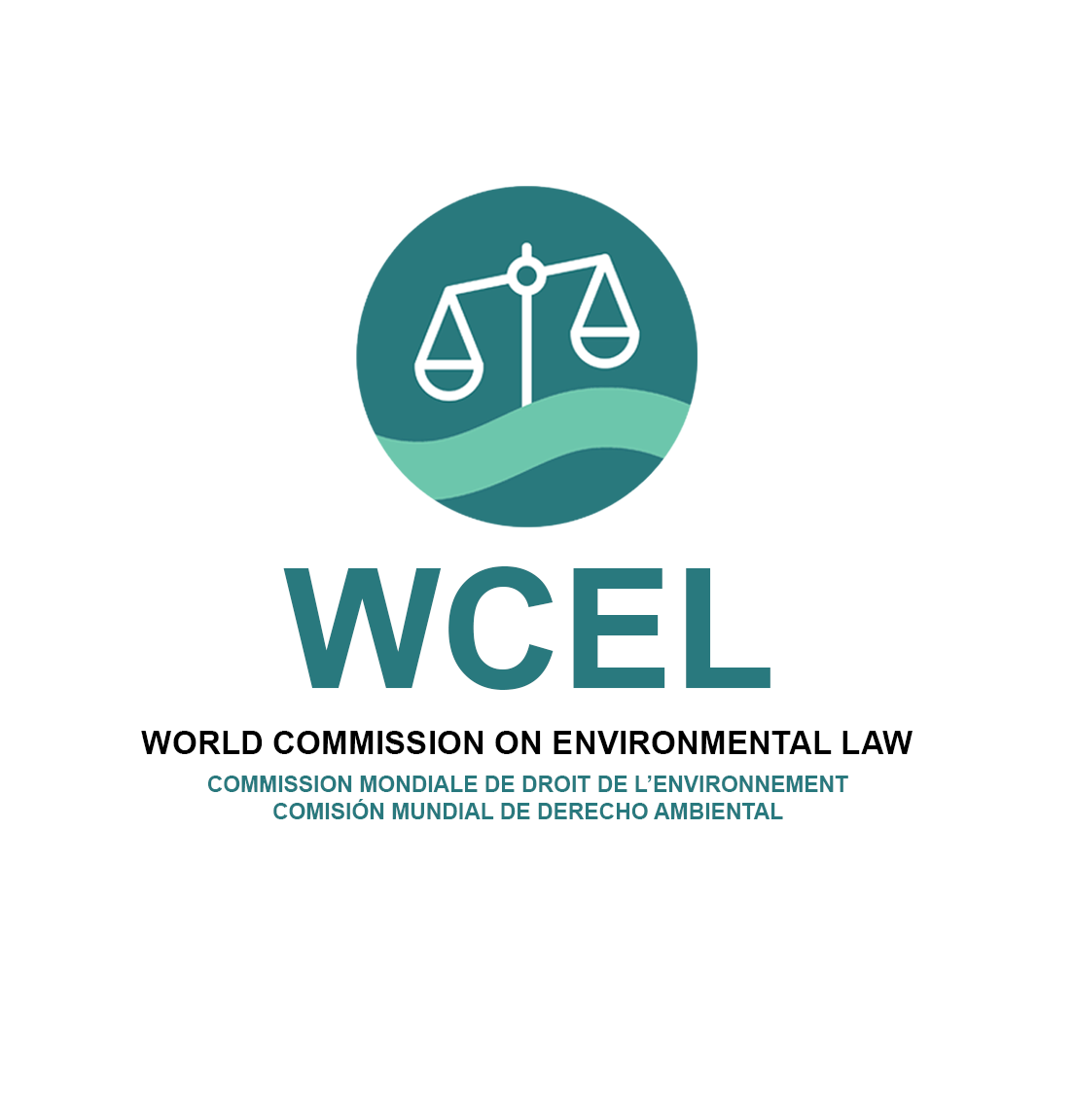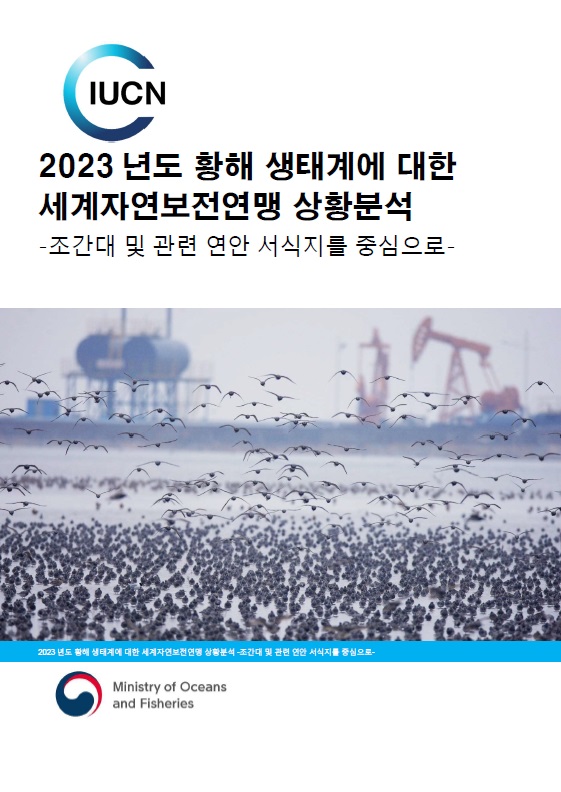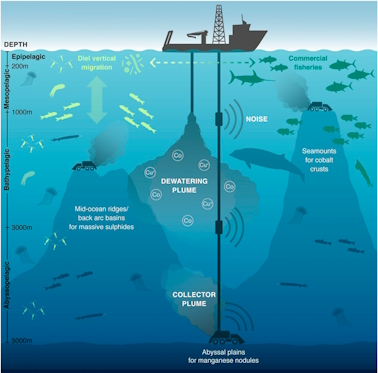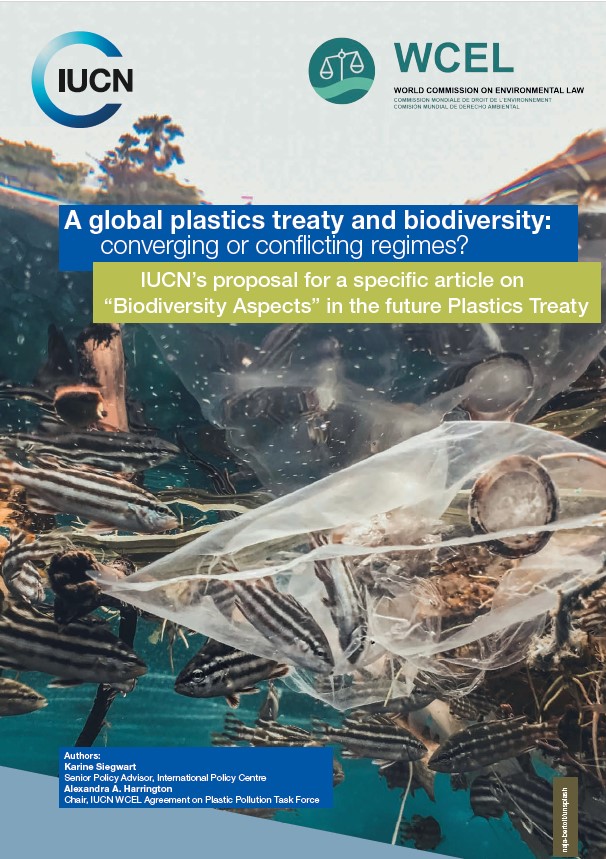INC-3 Negotiator Briefing 3 of 10 Structure of a Plastics Treaty
Briefing 3 of 10: Structure of a Plastics Treaty
The third session of the Intergovernmental Negotiating Committee to develop an international legally binding instrument on plastic pollution, including in the marine environment (INC-3), is scheduled to take place from 13 to 19 November 2023 at the UN Environment Programme (UNEP) Headquarters in Nairobi, Kenya.
In INC-3 Briefing 3 of 10, the Key Messages are:
- Given the ever-evolving nature of science and the complex, varied nature of plastic pollution, it is clear that the ILBI will need to be sufficiently flexible to allow for further adjustments and additions to the obligations. Based on discussions during INC-1 and INC-2, as well as State and stakeholder submissions in advance of these negotiating sessions, there seems to be an emerging consensus regarding the need for flexibility in this context to include the use of an annex system.
- The different structural approaches found in environmental treaties to date provide a good guide and starting point. It is pivotal, however, that the ILBI should contain binding core obligations to fill existing regulatory gaps in relation to plastic pollution, including international trade restrictions (bearing in mind the Basel Convention regime as well as a number of regimes discussed in IUCN WCEL’s briefing on Treaty Convergence), production caps, capacity-building, and financial and technical assistance.
- The ILBI should also include mechanisms to ensure its effectiveness, such as a non-adversarial non-compliance mechanism, in line with recent MEA terms and practice. While some States provided initial preferences regarding the structure of treaty used during INC-1 statements, it is clear that this issue is still undecided and requires careful consideration during INC-3.
- The timing of these discussions is critical given the pending release of the Zero Draft for debate at INC-3. It is also evident that, regardless the structure used for the ILBI, the inclusion of scientifically informed requirements that can be updated based on advances in technology and the state of knowledge will be crucial.
A compilation of 10 Briefings for negotiators is available here. These are:
Briefing 1: Key Elements for Plastic Pollution Treaty
Briefing 2: Glossary of Key Terms
Briefing 3: Structure of Plastic Pollution Treaty (ILBI)
Briefing 4: Just Transition and the International Legally Binding Instrument
Briefing 5: Regime Convergence and the International Legally Binding Instrument
Briefing 6: Circular Economy and Plastic Life-Cycle Issues
Briefing 7: Legal Process of Treaty Negotiations
Briefing 8: Connections between IUCN’s Plastic Pollution Elimination Timeline and the SDGs
Briefing 9: Connections between IUCN’s Plastic Pollution Elimination Timeline and the GBF
Briefing 10: Free Trade Agreement Convergence and the Plastic Pollution Treaty




